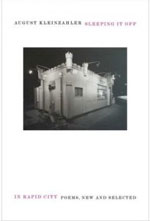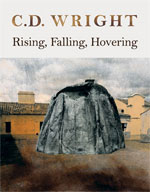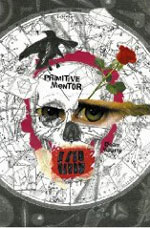
Meredith Quartermain’s “Matter” has some interesting echoes amongst its selections: Sylvia Legris’ fascination with birds and birdsong, Don McKay’s veneration of the natural world, Erin Moure’s sprightly dissection of the construction of words. Quartermain’s premise of examining words as if they were species and genera is intriguing, but seems to prove overwhelming over the course of this slim volume. Her concern with sticking to the constructs and constraints of the theme of physical and etymological taxonomies regularly bogs her poems down. The results are just too dense and intricate at times. When Quartermain relaxes and just lets the words flow, as she does in “Matter 18: An Albumen of Absence” and in the whimsical “Life List of Words” at the end of the volume, the premise retains its charm but becomes much more accessible.









